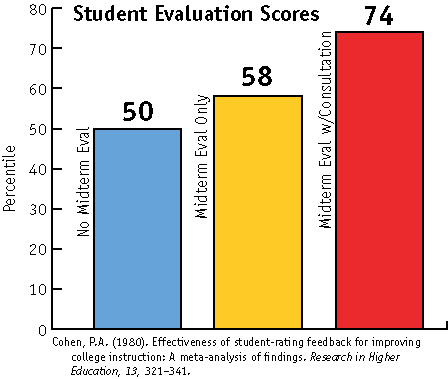Foundational Teaching Series
This year-long series of foundational workshops cover the integral facets of teaching such as active learning, lesson planning, facilitating discussions, motivating students, designing assignments and more. The series is perfect for instructors new to teaching or those wanting to re-ignite their classrooms.
Team-Based Learning
Ever dream of teaching students who are so engaged that they don’t notice when class ends? Ever imagine that students might laugh, give high fives, and genuinely have fun while taking an exam? Learn how to transform your classes with team-based learning. In this three-day institute, participants redesign the class of their choice using team-based learning.
Team-Based Learning is a method that fosters greater student independence and personal responsibility for learning—in any discipline and with any content. The key is a simple, coherent set of instructional protocols that, when adopted consistently, ensure that all the forces for engagement are aligned for high-level learning and critical thinking.
Teaching and Learning STEM
This short course is based on the highly acclaimed book, Teaching and Learning STEM, by Richard M. Felder and Rebecca Brent. The workshops offer a collection of practical, research-based strategies for designing and teaching courses as well as assessing students’ learning. These strategies can be easily implemented in new or established courses. Topics include:
- Getting courses off to a good start
- Actively engaging students in class, no matter how large the class is
- Helping students acquire basic knowledge, conceptual understanding, and skills in problem solving, communication, creative and critical thinking, high-performance teamwork, and self-directed learning
- Making effective use of technology in face-to-face, online, and hybrid courses, including flipped classrooms
Using the book as a guide, participants will find ways to work smarter and to help improve their students’ desire and ability to master tough material, whether it is in STEM fields or other fields.
Teaching and Speaking with Ease and Impact
This short course helps participants dissolve public speaking anxiety while strengthening their connections with students, which leads to more engaged learning. In this safe, encouraging atmosphere, faculty and staff will learn an elegantly simple set of exercises based on Speaking Circles International. During each workshop, participants will briefly experience being the center of attention, with no rules about what to say or requirement to speak at all. You will also be gently coached by a Speaking Circles Facilitator on a natural approach for engaging any audience and holding their attention.
Consultations
Perhaps you have a teaching-related goal or challenge with classroom teaching that you would like to discuss? For example, maybe you want students to become more engaged? If so, you can request a one-on-one consultation with an Academy staff member. Together you will brainstorm the situation and consider action steps. The consultant can also provide short, accessible readings.
Classroom Visitations
Do you want to enhance your teaching and your students’ learning while earning higher student evaluations? A Teaching Academy staff member will visit your classroom and administer mid-term evaluations to your students. After this visitation, the consultant will give you feedback from the students and from her own observations.
All visitations are confidential and provide formative feedback only. For faculty this means that the consultant cannot write a letter for the “evidence from other professionals” section of the annual performance evaluation (APR). For that, you must ask a peer or join Peer Coaching or the Peer Review Network. In the APR, you may reflect on the experience and the changes you made in the “evidence from the instructor” section.
Research shows that classroom visitations such as these improve student evaluations. Instructions who give midterm evals and discuss them with a consultant earn end-of-term evals in the 74th percentile. Instructors who don’t give midterm evals earn end-of-term ratings at the 50th percentile.



